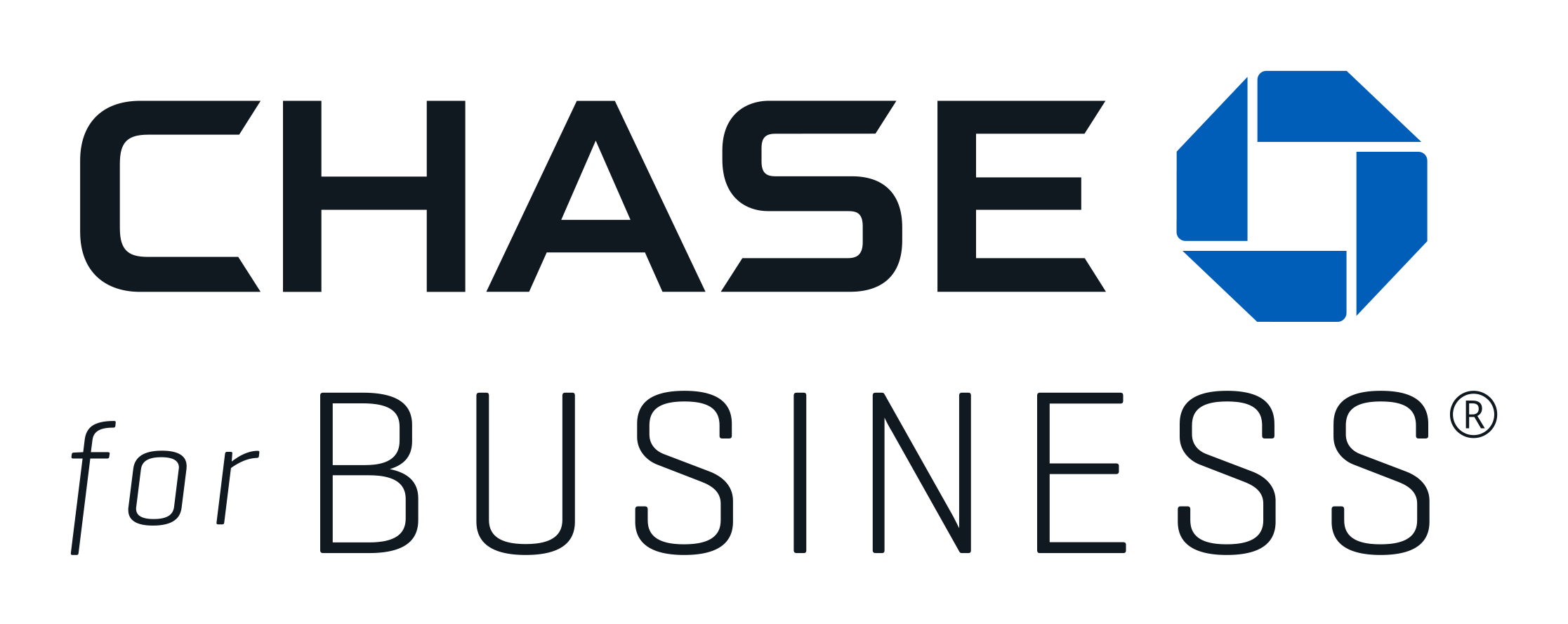Capital One vs. Chase: Which Is Better for Business Checking?
Chase Business Complete Banking wins out on mobile banking, but Capital One beats it in cash deposits.
Many, or all, of the products featured on this page are from our advertising partners who compensate us when you take certain actions on our website or click to take an action on their website. However, this does not influence our evaluations. Our opinions are our own. Here is a list of our partners and here's how we make money.
If you’re looking for a business checking account with a big-name bank, Capital One and Chase are likely on your radar. But the best business checking account depends on the unique needs of your business.
Do you make a lot of cash deposits? Need frequent branch access? Want an easy payment solution? Here’s how to decide between the entry-level accounts at Capital One and Chase for your business banking.
Looking for a business checking account?
See our overall favorites, or choose your business type to find the best options for you.
Capital One vs. Chase business checking at a glance
| Capital One Business Basic Checking® | Chase Business Complete Banking® | |
|---|---|---|
| Monthly fee: | $15 Waived if you:
| $15 Waived if you do one of the following:
|
| Minimum opening deposit requirement: | $0 | $0 |
| APY: | None | None |
| Transactions: | Unlimited digital transactions (mobile deposits, ACH transfers and some bill pay) | Unlimited electronic deposits; 20 free in-person transactions and paper checks per month. |
| Cash deposits: | Up to $5,000 per month with no fee, after that $1 fee per $1,000 deposited. No fees for cash deposits at Capital One ATMs or select Allpoint ATMs. | Up to $5,000 per month with no fee, after that $2.50 fee per $1,000 deposited. No fee for deposits at Chase ATMs. |
| Branch access: | Around 260 branch locations in eight states and Washington, D.C. | Around 4,900 branch locations in 48 states and Washington, D.C. |
| Standout features: |
|
|
Capital One vs. Chase business checking: key features
Transaction limits
Advantage: Capital One Business Basic Checking®
Capital One Business Basic Checking® offers unlimited fee-free digital transactions (including mobile deposits, ACH transfers and bill pay), so small-business owners don’t need to keep count. You can also write paper checks and visit a teller whenever necessary.
By comparison, Chase Business Complete Banking® offers unlimited electronic transactions, including mobile deposits, ACH payments and debit card transactions, but customers are limited to just 20 paper checks and in-person transactions per month.
Branch access
Advantage: Chase Business Complete Banking®
Chase operates around 4,900 branches across 48 states, plus Washington, D.C. Capital One’s physical footprint is a fraction of that, with around 260 branches across eight states and Washington, D.C. Capital One also operates around 60 cafes in 18 states plus D.C. — but those are staffed by “ambassadors,” not bankers, and have limited services.
Opening an account
Draw
Both Capital One and Chase make it easy to open a business checking account online for most small-business owners. You can open accounts in branches, too. Neither has a minimum opening deposit, so you can get started right away.
Cash deposits
Advantage: Capital One Business Basic Checking®, but it's close
This one is almost a draw — both accounts cap fee-free cash deposits with a teller at $5,000. What makes the difference? Capital One Business Basic Checking® charges $1 per $1,000 beyond the limit, compared with $2.50 per $1,000 with a Chase Business Complete Banking® account.
That said, neither bank charges for ATM deposits. Chase customers can deposit excess cash at Chase ATMs for no fee; Capital One customers can use Capital One or select Allpoint ATMs.
Mobile banking
Advantage: Chase Business Complete Banking®
Chase and Capital One both offer a full range of online and mobile banking services, including online bill pay and mobile deposits and transfers. But one key feature gives Chase Business Complete Banking® an edge: Chase QuickAccept, which lets you accept credit card payments via the Chase mobile app, no additional equipment necessary.
Capital One has a partnership with Worldpay to offer business owners payment processing services. But you’ll need a point-of-sale system or mobile card reader to get started.
Business savings accounts
Advantage: Capital One
You don’t have to have business checking and business savings accounts at the same institutions. But if you want to — and you have a balance of between $10,000 and $10 million — Capital One is the clear winner.
Currently, Capital One Business Advantage Savings offers a promotional rate of up to 3.50%. Advertised Annual Percentage Yield (APY) is variable and accurate as of 09/25/2025. The promotional rate of 0.25% APY applies to accounts with a balance up to $9,999.99. The promotional rate of 3.50% APY applies to accounts with a balance of $10,000 to $10 million. The promotional rate of 0.10% APY applies to accounts with a balance above $10 million. Promotional interest rate expires after 3 months (92 days) at which time a variable interest rate will apply that is subject to change at any time without notice.
Capital One's ongoing variable APY might be quite a bit lower than the promotional APY (ask your banker for current rates). But Chase’s APY scrapes the bottom of the barrel. The Chase Business Premier Savings account pays just 0.01% APY, and Chase Complete Business Banking customers don’t qualify for increased relationship rates. If you did, you’d still be earning a measly 0.02%.
Capital One vs. Chase business checking: The bottom line
Chase Business Complete Banking® wins out on several key features, including branch access and taking credit card payments in person. But Capital One still offers a lot to business owners operating in its service areas, particularly those looking for savings accounts.
Article sources
NerdWallet writers are subject matter authorities who use primary,
trustworthy sources to inform their work, including peer-reviewed
studies, government websites, academic research and interviews with
industry experts. All content is fact-checked for accuracy, timeliness
and relevance. You can learn more about NerdWallet's high
standards for journalism by reading our
editorial guidelines.
Related articles









